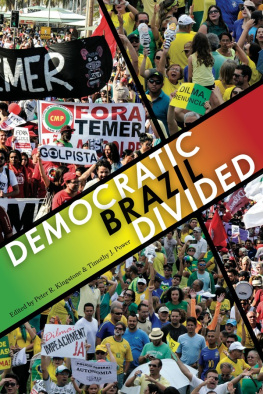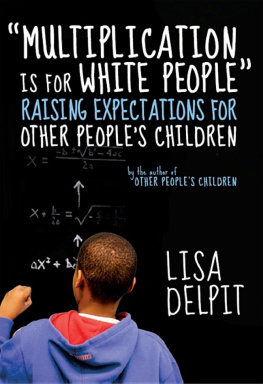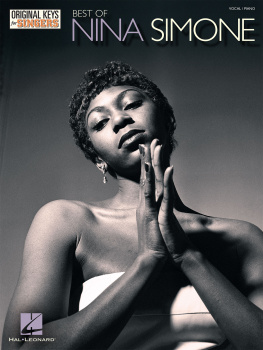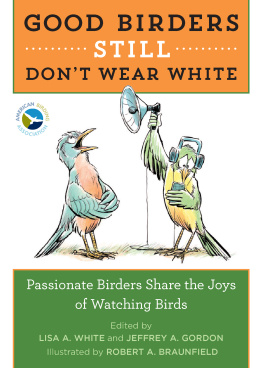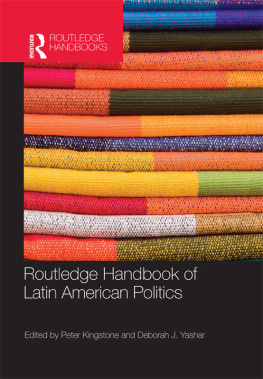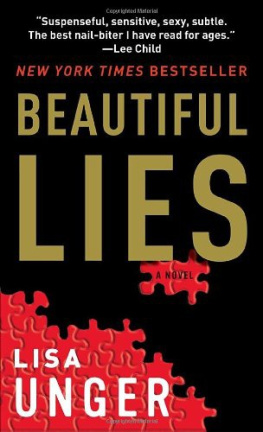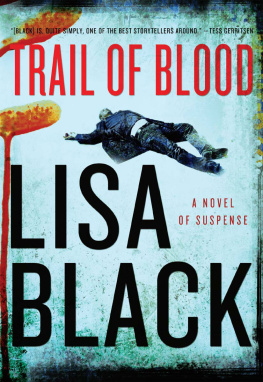i Fading Out Black and White
iii Fading Out Black
and White
Racial Ambiguity in
American Culture
Lisa Simone Kingstone
iv Published by Rowman & Littlefield International, Ltd.
Unit A, Whitacre Mews, 26-34 Stannary Street, London SE11 4AB
www.rowmaninternational.com
Rowman & Littlefield International, Ltd. is an affiliate of
Rowman & Littlefield
4501 Forbes Boulevard, Suite 200, Lanham, Maryland 20706, USA
With additional offices in Boulder, New York, Toronto (Canada), and Plymouth (UK)
www.rowman.com
Copyright 2018 by Lisa Simone Kingstone
All rights reserved . No part of this book may be reproduced in any form or by any electronic or mechanical means, including information storage and retrieval systems, without written permission from the publisher, except by a reviewer who may quote passages in a review.
British Library Cataloguing in Publication Data
A catalogue record for this book is available from the British Library
ISBN: HB 978-1-78660-254-1
PB 978-1-78660-255-8
Library of Congress Cataloging-in-Publication Data
Names: Kingstone, Lisa Simone, author.
Title: Fading out black and white : racial ambiguity in American culture / Lisa Simone
Kingstone.
Description: Lanham : Rowman & Littlefield International, [2018] | Includes
bibliographical references and index.
Identifiers: LCCN 2018021751 (print) | LCCN 2018032779 (ebook)
| ISBN 9781786602565 (Electronic) | ISBN 9781786602541 (cloth : alk. paper)
| ISBN 9781786602558 (pbk. : alk. paper)
Subjects: LCSH: BlacksRace identityUnited States. | WhitesRace identity
United States. | Race awarenessUnited States. | RacismUnited States.
Classification: LCC E185.625 (ebook) | LCC E185.625.K567 2018 (print) | DDC
305.800973dc23
LC record available at https://lccn.loc.gov/2018021751

The paper used in this publication meets the minimum requirements of American National Standard for Information SciencesPermanence of Paper for Printed Library Materials, ANSI/NISO Z39.48-1992.
Printed in the United States of America
v for the clove
and for my mother Lauraine
vii Contents
xi Acknowledgments
I had vital assistance from many in making this book and it is a pleasure to thank them here. Martina OSullivan at Palgrave Macmillan first discussed the idea with me, and Holly Tyler, Dymphna Evans, Melissa McClellan, and Natalie Linh Bolderston at Rowman & Littlefield helped guide me through my first book. I am indebted to the unstoppable Zoie Babakitis, who coordinated participants in focus groups and got all the paperwork done without a hitch. My co-facilitators Andrea Adomako and Linda Luu made participants feel at home and open to sharing. Allan Frei at Hunter College and Reverend Bertram Johnson and Daniel Conover at Riverside Church provided space for the focus groups and access to the communities. Reverend Michael Livingston, Reverend Bertram Johnson, and Reverend Lynn Harper at Riverside Church gave their gracious support. Richard Wilson advised on focus groups, helping me remember to be quiet and listen and let the group form its own dynamic. Being taped while you talk about race in a group isnt easy, yet the communities at Hunter, Riverside Church, and a few people from the surrounding neighborhoods shared their humor, tears, anger, and bafflement on this thing we call race. All that was murky and opaque became a little more clear with their help.
The Department of International Development at Kings provided research funding and a chance to design a course and teach on this subject to both undergraduate and graduate students. Kings Cultural Institute awarded an early grant, and Paul Goodwin brought to light our project, African Diaspora Artists in the 21st Century, where we explored the notion of blackness in a workshop with UK artists, curators, and academics. Celeste-Marie Bernier in her guest lecture Representing Slavery got me interested in the visual aspects of reading race in photography, and welcomed me into her workshop at Oxford. She has been a crucial mentor and friend. Gus xii Casely-Hayford offered his stellar guidance on our grant application and countless conversations that helped me bring my ideas into sharper resolution. I am grateful to Dan Matlin for his provocative questions in our Race reading group at Kings and his incisive notes on my introduction. Anita Foeman met with me to discuss her work on Ancestry DNA and family narratives and gave crucial suggestions on the focus group chapter. Kristal Brent Zooks important work on the black sitcom guided me as did her notes on the Black-ish chapter. George Lewis helped me fine-tune my chapter on Barack Obama. Debbie Garrett shared her knowledge of black dolls. Debbie Newman-Carrasco, Kenyatta Jones, Robert Best, Stacey Mcbride-Irby all granted vital interviews. Rachel Dolezal granted permission to use her art and opened up to me in interviews and emails.
Andrea Adomako gave stellar feedback and valuable perspective on the entire manuscript. The unbelievably efficient Shannon Keough helped prepare the manuscript and gain permissions for the illustrations. Fredrika Akander and Lara Kingstone hunted down articles and books in Londons voluminous libraries. Students at Kings in my course, Race, Privilege and Identity, shared the complex building of their own racial identities in their thoughtful essays. They bring the scope of the world into my classroom not only with the variety of countries they represent, but with the infinite ways they express their own mix of ethnic, religious, cultural, and racial identities.
For their support on anything and everything, I thank my parent coalition: Lauraine Jaeger and Herb Gardner, Peter and Ann Braunstein, Hadassa and Danny Kingstone, Walter Gold, and the memory of Mary Belle Douglass.
I thank my children, Ben and Lara, my own millennials, who are nudging the world toward change in their own work and communities. They show me what openness and adaptation look like.
I am grateful to my mother Lauraine for providing invaluable generous support during some of the challenges of the last few years. She truly believes every problem has a solutionnihilism has no place in her universe. Looking at race in the United States can at times seem bleak and hopeless, but her optimism dictates that change does happen, even if slowly.
Finally, I thank my husband Peter for suggesting to me that this could be a book and offering, as always, his laser sharp observations and gift of clarity. He took time in the last weeks of his sabbatical to read the entire manuscript. I am grateful to him for sharing his wisdom and his life with me. There is no better partner I could dream up, and this book would not have been possible without him.
xiii Preface
I was born in 1963 and grew up in Berkeley, California. When I was old enough for school, I was part of the first group that went through busing from kindergarten through high school. This was an attempt to enforce integration, which threw together drastically different social groups (wealthy white people from the Berkeley hills and poor black people from the Berkeley flats) and resulted in chaos and violence. I couldnt not think about race.



 The paper used in this publication meets the minimum requirements of American National Standard for Information SciencesPermanence of Paper for Printed Library Materials, ANSI/NISO Z39.48-1992.
The paper used in this publication meets the minimum requirements of American National Standard for Information SciencesPermanence of Paper for Printed Library Materials, ANSI/NISO Z39.48-1992.
